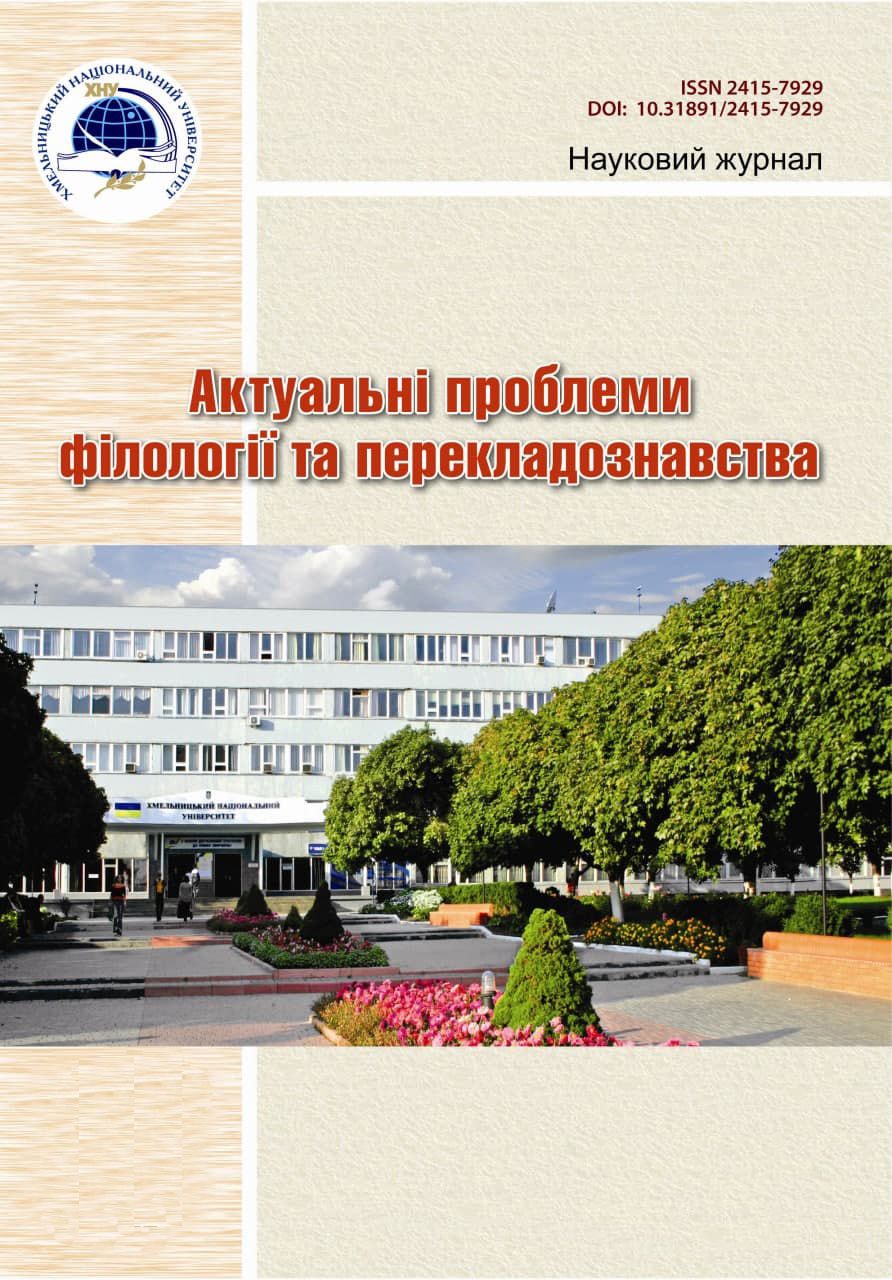TRANSLATION OF ELECTRICAL TERMINOLOGY FROM ENGLISH INTO UKRAINIAN
DOI:
https://doi.org/10.31891/2415-7929-2021-21-48Keywords:
electrical terminology, translation, language for specific purposes, direct translation, componential analysis, dynamic equivalence, oblique translationAbstract
The exponential growth of information technology that the world has witnessed at this point in time has led to mass publicity and the emergence of various ways of mass communication, which has facilitated and increased the world’s direct access to knowledge and to scientific and technical progress. This raises the practical issue of transferring this flood of information and communication in order to serve people. Language for specific purposes within technology is especially complex and further divided into various technolects, covering more specific areas like building, electronics and engineering. Technical translation as a sensitive subject demands a high degree of consistency and accuracy in transferring the source text to the target language. Like many occupations, electricians have their own professional terminology and jargon. As a hands-on industry, these terms play an important role, allowing for precision and ease of communication between contractors and customers, teams and individuals. The purpose of this study was to investigate what strategies may be used when translating an electrical specialised vocabulary from English into Ukrainian. In this study, the methods of translating electrical terminology were analysed. The specific aspects of terminology chosen were general technical terms, industry (electrical) terms and contract terms. The findings of the current study show that that formal equivalence works well with systematised terminology such as the SI system, while industry terms and contract terms tend to be more ambiguous and therefore need to be approached in a different manner: with dynamic equivalence or oblique translation.
Technical translation is far more than just translating any specialised language and key terminologies accurately. Dealing with technical specialised translation is quite often a challenging task and may require much effort and creativity from the translator, as well as the profound knowledge of specialised terms in the source and in the target languages.
Downloads
Published
Issue
Section
License
Copyright (c) 2021 С. ЦИМБАЛ (Автор)

This work is licensed under a Creative Commons Attribution 4.0 International License.

